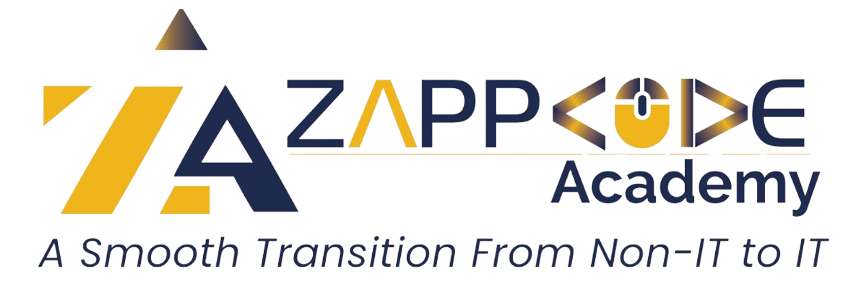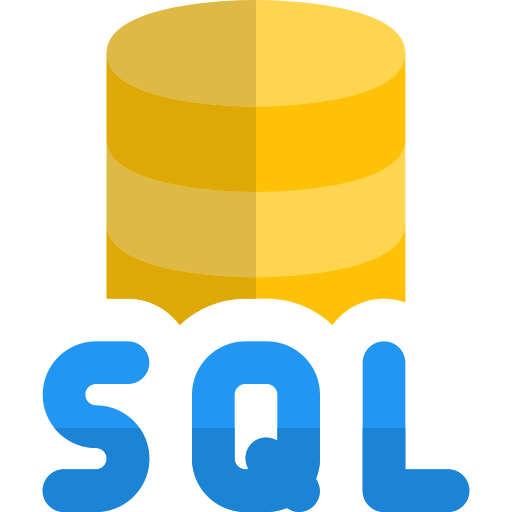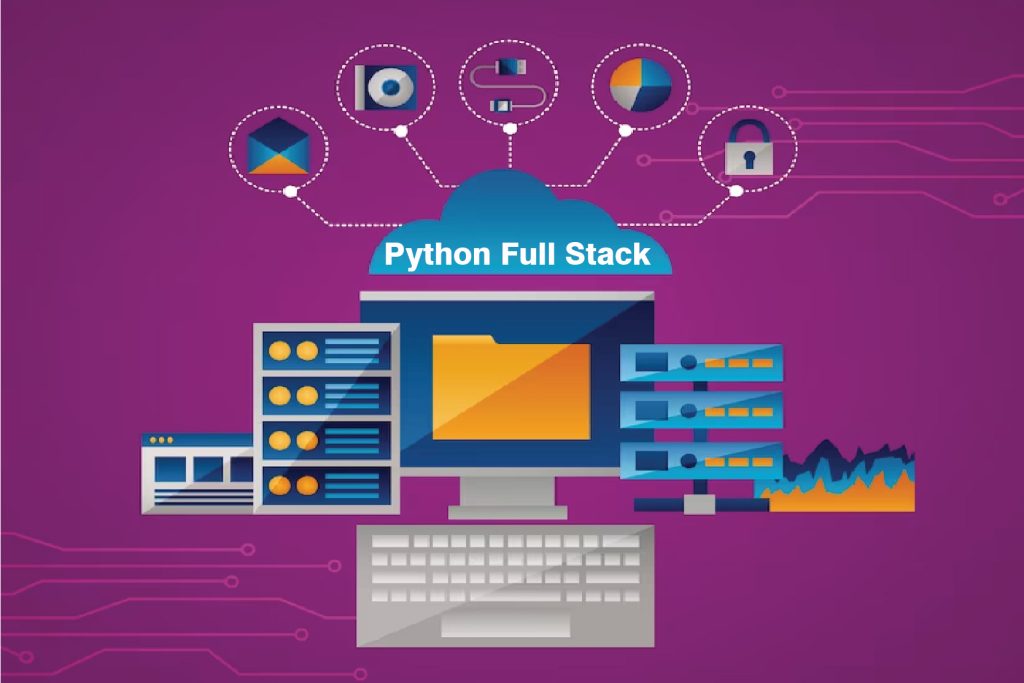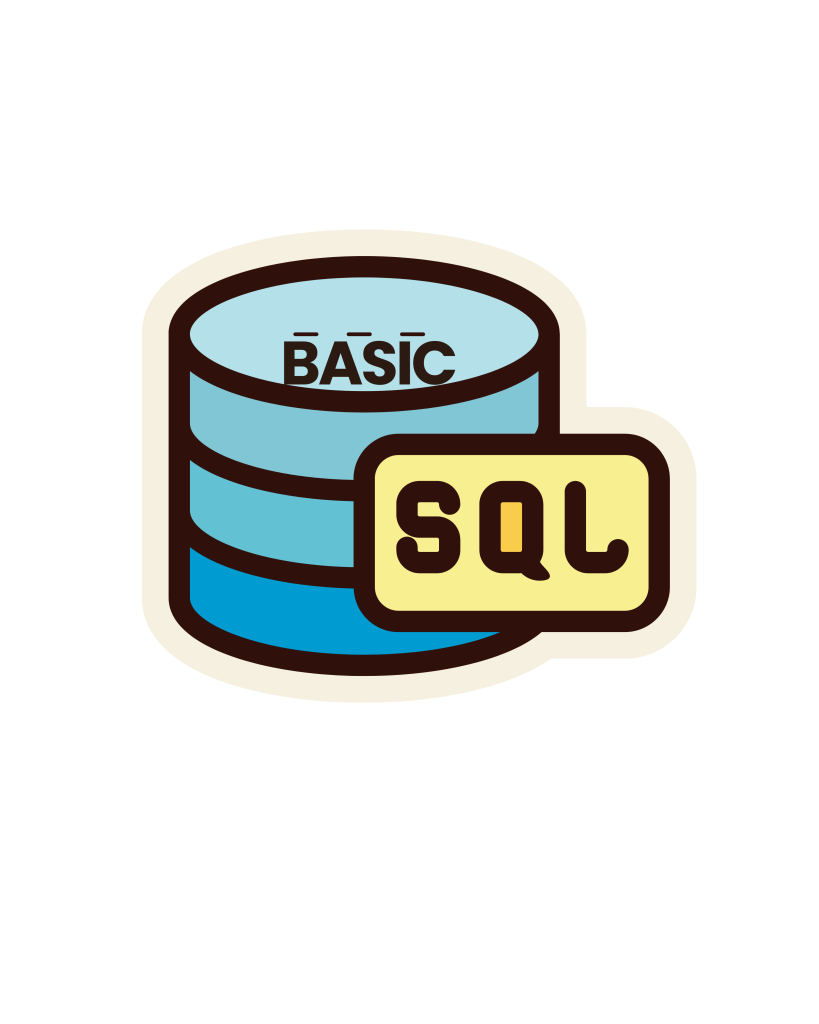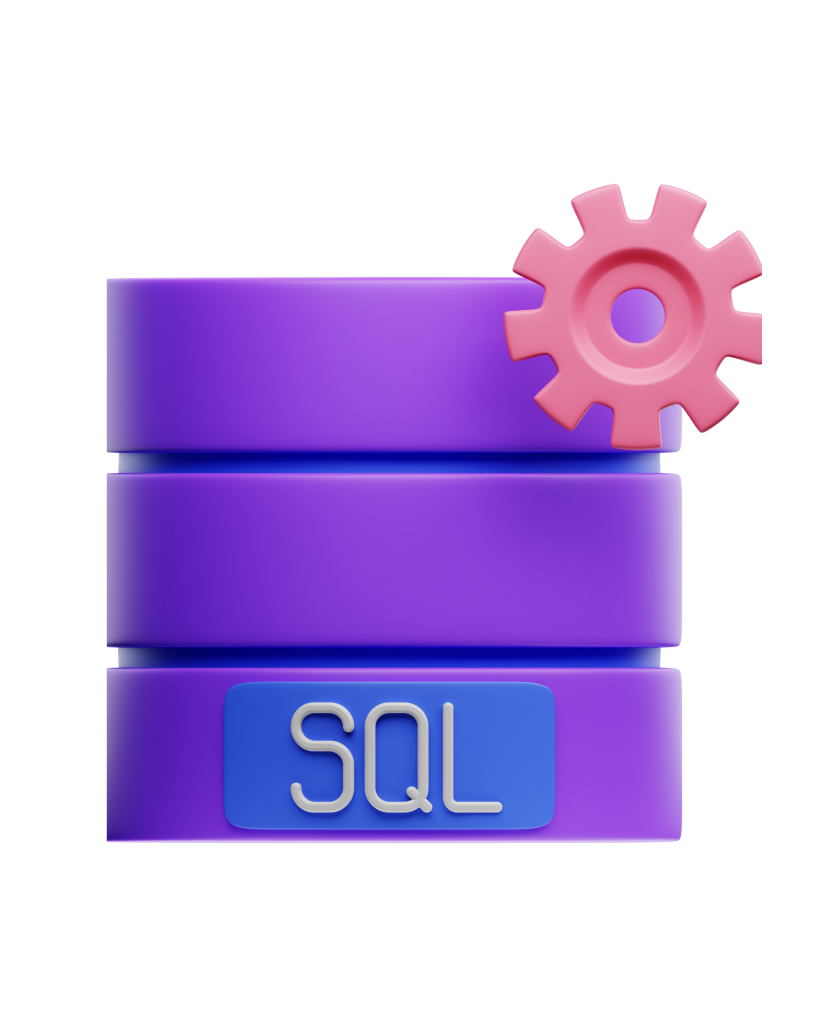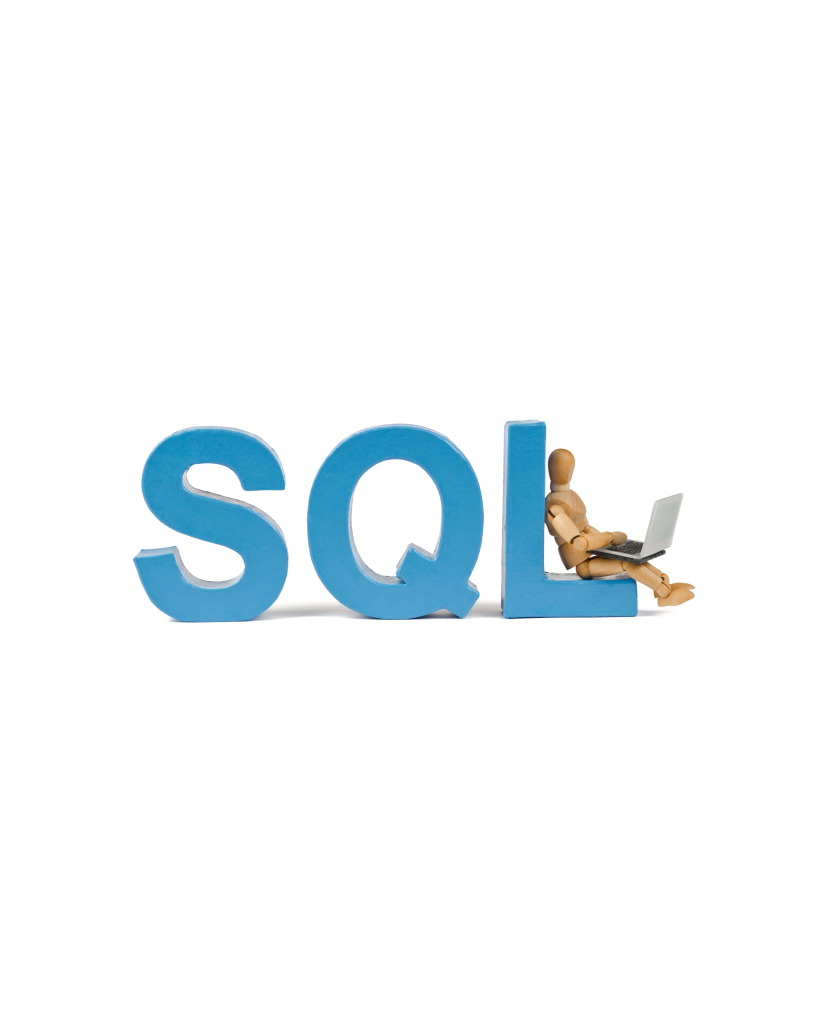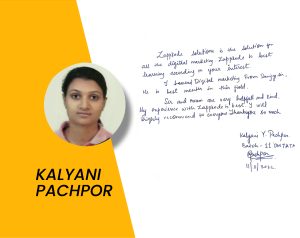Enroll Now
Best Python Course In Mumbai
Python course in Mumbai enable you to use what you have learned in real-world applications.
Enroll Now
- Expert Trainer
- Affordable Fees
- Placement Opportunities
- Hands on Training
- Flexible Timings
- Industry Based Training
Attend Free Demo
Fill the details and we will call you for further guidance
Mastering Python: Best Python Classes in Mumbai
Mumbai, India’s key financial and entertainment city, has also experienced a growth in the requirement for tech workers. Python, the “workhorse” of programming languages, is a main actor in this digital ecosystem growth. If you come from this city and if you want to be part of the amazing world of Python just look at this post! This guide pinpoints the popular Python classes in Mumbai, which will assist your learning voyage.
Finding the Perfect Fit
In a city like Mumbai programming classes like Python are diverse, encompassing different kinds of learning styles and objectives. Python Institutes can be your best bet to learn the basics of Python like syntax, data structures, and control flow as they have a complete beginner-level course.
As you move forward, you have the opportunity to work with the Python programming experts from Mumbai which would introduce you to frameworks such as Django or Flask, making you capable of web development. Some Python Classes that are more advanced can include data science, machine learning, or automation which will help people enter specialized jobs in Mumbai city and even worldwide.
Choosing Your Learning Partner
Picking the most suitable institute in Mumbai for Python classes is a vital matter. Research institutes for their curriculum, lecturer expertise, and track record. A good starting point is to find popular trainers who possess deep Python knowledge together with a passion for teaching. Mumbai-based Python coaching given by institutes that have a good record of student achievement along with industry relationships can be notably useful.
Invest in Your Future
Joining an elite Python course will give you the tools and know-how you’ll need to be a part of its fast-paced technology world. Be it web development or data analysis and will foster various career paths. Hence, make that initial stride to a rewarding career in tech – check out the excellent Python training institute and embark on your Python programming path in Mumbai.
Python Course in Mumbai By Zappcode Academy
Want to change your career? Or what about just strengthening your resume? Zappcode Academy could be a good starting point if you are eager to learn the Python language. Let us now focus on what their Python course in Mumbai may include and how it aligns with your intended learning.
Understanding Zappcode Academy:
To learn more about programming in Mumbai city, a Python course will be a good place to start. Search for the whole course list of the institution, their teaching philosophy, and especially their curriculum. Does it have a dedicated Python course or do they integrate it as part of a broader Computer Programming curriculum?
Course Structure Matters:
The structure of the Python course in a big city like Mumbai is of vital importance especially when directed by Zappcode Academy. Are you a novice who wants to build a strong fundamental in Python syntax, data structure, and control flow? And if you are, you may also be interested in a more complex curriculum that digs into web development frameworks like Django or Flask. Zappcode’s course description should describe the topics covered and the learning trajectory exactly and to the point.
Location and Learning Style:
Your learning style and preferences are essential. Is online learning the major activity of Zappcode Academy or do they as well have an in-person Python development coaching center in Mumbai? Face-to-face classes can have a more interactive feel to them whereas online courses offer the benefit of flexibility. Some of the educational facilities will even employ blended learning, a combination of both approaches.
Instructor Expertise is Key:
In most cases, the quality of your learning is affected by the way your instructor teaches. Look for the Zappcode Academy instructor’s bio for Python classes Are they well-versed in Python programming and do they also possess a love for teaching? Their profiles should highlight a solid command of the Python language and the skills to express them clearly and concisely.
Short Guide for Python Course Fees in Mumbai
Looking for a Python Programming Institute? Understanding the Python course fees in Mumbai is vital for making rational decisions.
Python Course Duration:
- Short Courses (1-3 Months): These courses are suitable for beginners or refreshers and their course fee ranges from ₹5,000 to ₹15,000.
- Comprehensive Programs (3-6 Months): Dive into data structures and frameworks at a higher level which will cost you ₹15,000 – ₹30,000.
- Advanced Tracks (6+ Months): Appeal to experienced programmers and the course may cover machine learning reaching ₹35,000 or even more.
Python Course Fees Format:
Online Classes are normally cheaper and can cost around ₹10,000, but it differs from platforms and resources offered.
In-Person Classes:
Give a practical experience but be expensive, beginning from ₹15000 and above. Blended learning could be a compromise.
Reputable Institutes:
Institutes with a good track record and experienced teachers might be more expensive (starting from about ₹20,000) when it comes to fees, yet deliver superior results.
Highlights of Zappcode Academy
Limited Students Batch
Personalised Attention
Highly Qualified Teachers
Flexible Batch Timings
Interactive Learning
Live Projects
Career Support
Job Oriented Training
Why Core Python in Zappcode?
Solid Foundation
Build a rock-solid understanding of Python syntax, data structures, and control flow with Zappcode’s Core Python course in Mumbai. This sets you up for success in advanced topics and diverse programming domains.
Interactive Learning
Zappcode’s Core Python course in Mumbai go beyond lectures. Their interactive learning environment fosters active participation, making the process engaging and effective.
Experienced Instructors
Gain knowledge from Zappcode’s experienced instructors. They can guide you through their Core Python course in Mumbai, address your questions, and provide valuable insights.
Project-Based Learning
Solidify your skills through practical application. Zappcode incorporates project-based learning into their Core Python classes in Mumbai, allowing you to apply your knowledge to real-world scenarios.
Get 100% Job Assistance by enrolling in Certified Python Course in Mumbai
Job Assistance
30+ Companies Tie-ups
Enroll Now
Placement Initiative for our Students

Zappcode Academy's Job Assistance Program
They provide Interview preparation Guidance on interview techniques, common questions, and how to showcase your digital marketing knowledge, tailored specifically for participants of their Python course in Mumbai, equipping students with the skills and confidence to succeed in Python interviews.
- Assured Training and Placement
- Placement Guidance
- Resume Building
- Mock interviews
- Drive Exams
- Provide Internship in Zappkode Solutions
Attend Free Demo
Fill the details and we will call you for further guidance
Core Python Course Curriculam
Our Curriculum Program Covers Basic To Advance Level Content on Core Python
Set up your development environment in a fun and interactive way.
Explore basic syntax and data types through hands-on exercises and games.
Learn the ropes of user input and output by creating mini-programs.
Dive into decision-making with conditional statements (if/else, elif) through interactive quizzes and decision-based stories.
Master loops (for, a while) by building simple animations and automating repetitive tasks.
Explore nested control flow for more complex logic with coding challenges.
Craft reusable functions by creating mini-games or interactive programs.
Learn about arguments, return values, and variable scope through practical examples.
Explore lists, tuples, and dictionaries by building data-driven applications (e.g., to-do lists, and contact organizers).
Unleash the power of string manipulation by building text-based adventures and mad libs.
Learn about string methods (slicing, concatenation, searching) through interactive exercises.
Introduce basic regular expressions for simple pattern matching in text.
Collaborate with “pre-written code” by learning to import and use built-in modules (e.g., math, random) for calculations and games.
Explore the concept of packages and create your simple modules for better code organization.
Learn to interact with the outside world by opening, reading, writing, and closing files.
Build simple text editors, data storage programs, or scoreboards to solidify file-handling concepts.
For students seeking a peek into the future, explore the foundational ideas of Object-Oriented Programming (OOP) with basic class and object creation.
Become a code detective! Learn to identify and fix errors (exceptions) using try…except blocks through interactive debugging exercises.
Put your newfound skills to the test! Choose a project that interests you and showcase your abilities by building a more complex application.
Explore online resources and communities to continue learning more advanced Python concepts.
Discover potential career paths or areas of specialization within the vast world of Python programming.
Download Syllabus Broucher for more details
Enroll Now
Get Training Certificate
- Get Certified Training
- Valid for all Jobs and College Training
- International Recognition
- Validate Your Skills

Students Placed and Hired in Companies












ENQUIRY FOR Python COURSE FEES
Enroll Now
Frequently Asked Questions
In basic Python, we first learn the basics such as variables, types of data (numbers, text, lists), arithmetic and comparison operators, and decision-making with conditional statements. The other core concepts include loops(repetition) and functions(reusable code blocks).
No, it’s not necessarily required. The main goal of Core Python is to be easily understandable for learners of the language. Even though a minimal knowledge of computers and thinking critically will serve as an advantage.
Core Python which is the pillar of many other programming domains. It allows you to work in web development, data analysis, scripting automation, and possibly machine learning if you put in enough effort.
The internet for its part has several online tutorials, interactive platforms, and even classroom-based classes offered by education institutes. There are many sources for different learning styles and affordability.
Sometimes depends on your prior experience and the effort you are going to devote. Due to focused studies, you will be in the position to learn the Core Python’s fundamentals within a few weeks to a few months.
Inteview Questions
Common data types include integers (whole numbers), floats (decimals), strings (text), booleans (True or False), and lists (collections of items). When choosing a data type, consider the kind of data you’ll store. Integers are ideal for whole numbers, floats for decimals, strings for text, and booleans for true/false values. Lists can hold various data types and are flexible for storing collections.
Both lists and tuples are used to store collections of items. However, lists are mutable (meaning you can change their contents after creation), while tuples are immutable (their contents cannot be changed after creation). Use lists when you need to modify the collection and use tuples when you need a fixed, unchangeable data structure.
A loop is a control flow statement that allows you to repeat a block of code a specific number of times or until a certain condition is met. There are two common loop types: for loops (iterate over a sequence of items) and while loops (continue iterating as long as a condition is true). Loops help automate repetitive tasks, like processing elements in a list or performing calculations multiple times.
Functions are reusable blocks of code that perform a specific task. They take inputs (arguments) and can optionally return outputs. Functions promote code organization, readability, and maintainability. By breaking down your code into functions, you can avoid redundancy and make your code easier to understand and modify.
Python provides mechanisms for handling errors (exceptions) that may occur during program execution. You can use the try…except block to define the code to be executed and how to handle potential errors that might arise within that block. This helps prevent your program from crashing unexpectedly and allows you to provide informative error messages or take corrective actions.
Latest Blogs
How Small Businesses Grow Big Using Digital Marketing Strategies
In today’s digital-first world, small businesses no longer need huge...
Read MoreHow Python Teaches You to Think Like a Problem Solver, Not Just a Coder
When most people hear Python, they think of coding, web development,...
Read MoreWhy Data Analytics Is the Fastest Way to Get an IT Job
The IT industry is changing faster than ever. New technologies...
Read MoreWhy Full Stack Development Is the Most In-Demand Career Today
The world is growing more digital with each passing day....
Read More